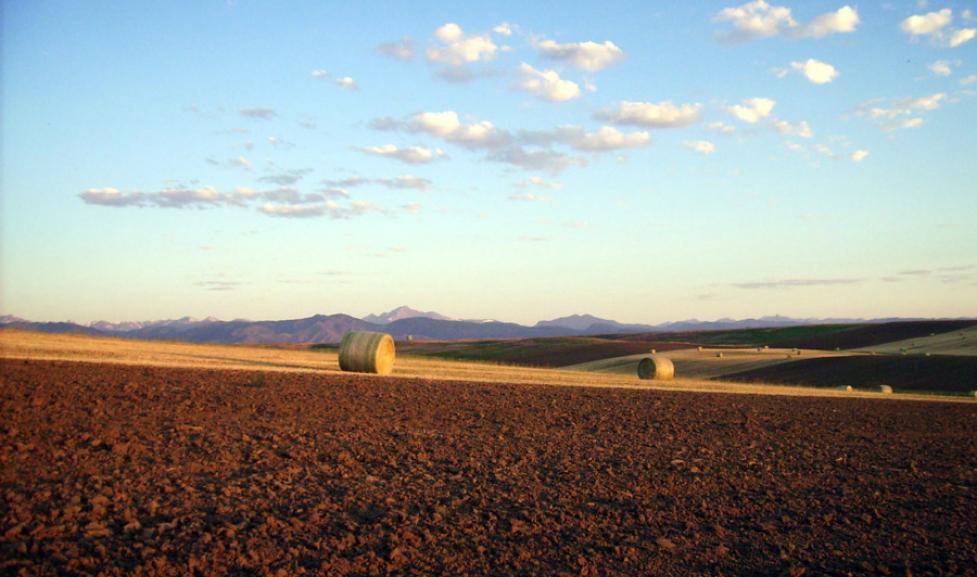Many may not know it, but the City of Boulder has – for more than five decades – worked to preserve local agriculture through the conservation of working farm and ranch lands. In fact, many of the farmers and ranchers who sold land to the city in the late 1960s and early 1970s continued to steward the city’s new purchases, helping Boulder to expand and enrich its open space program.
The City of Boulder’s charter specifically identifies the preservation of agricultural uses and lands suitable for agricultural production as a focus for open space and the work of the Open Space and Mountain Parks department (OSMP). Learn more about OSMP’s agricultural program and its benefits to our community – including some of the challenges in managing agricultural lands.
